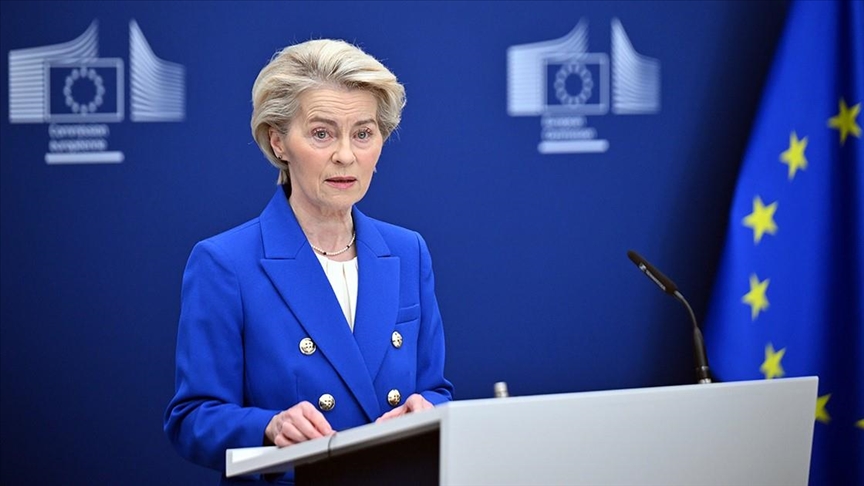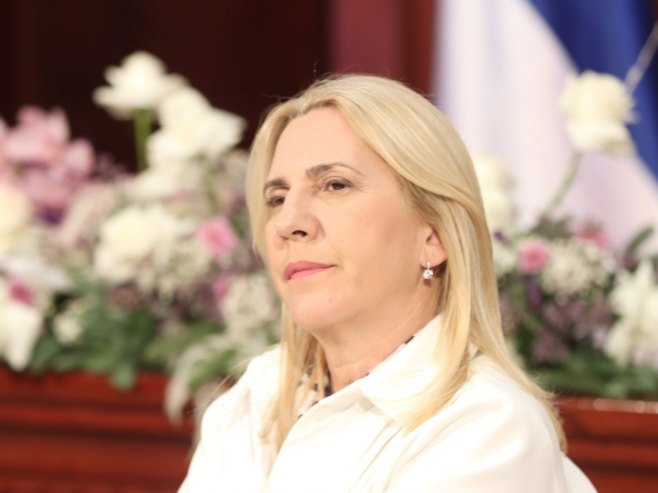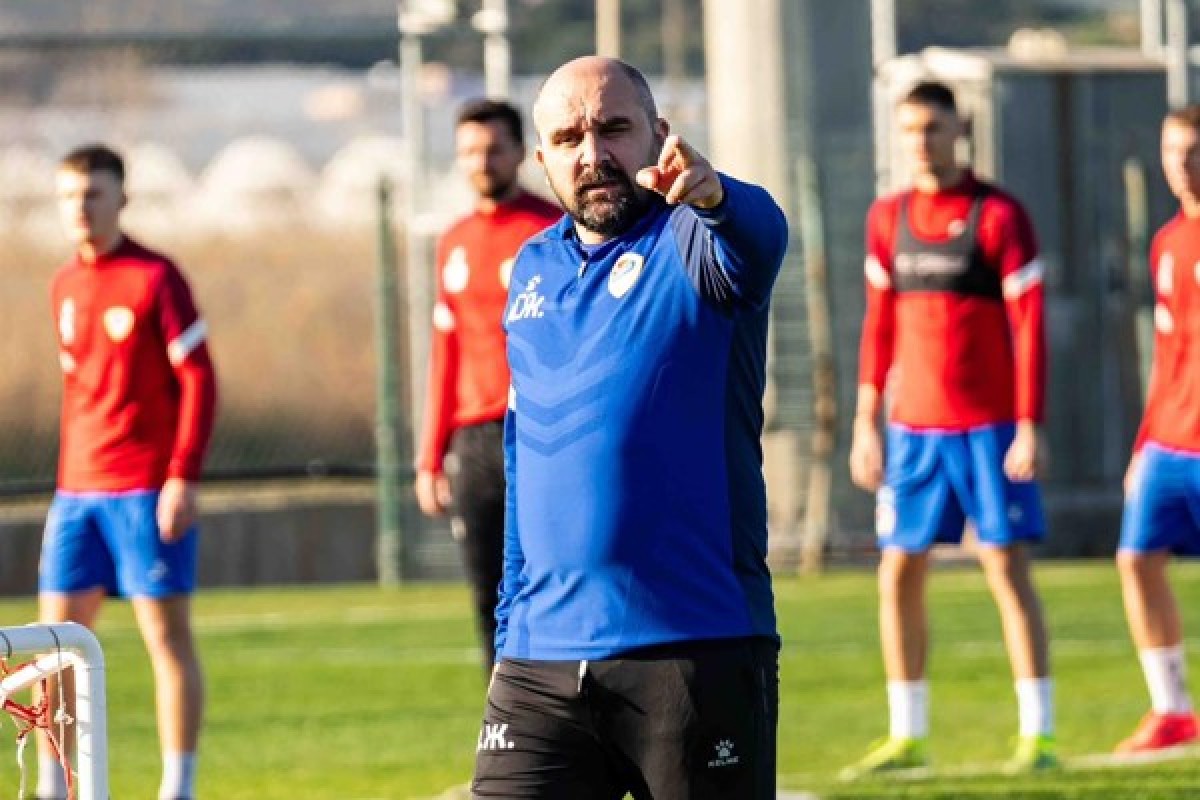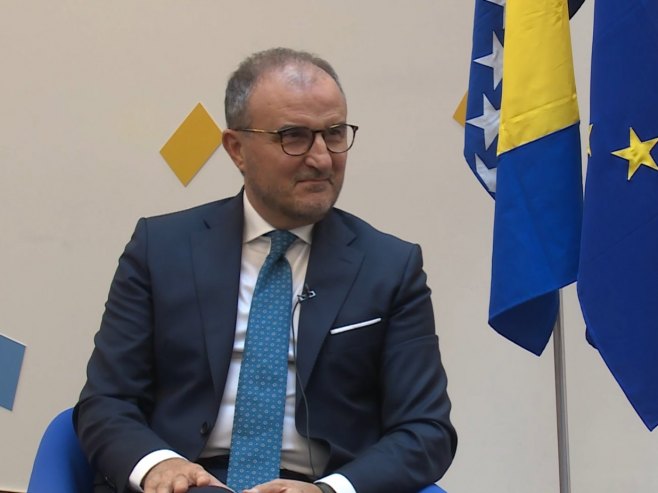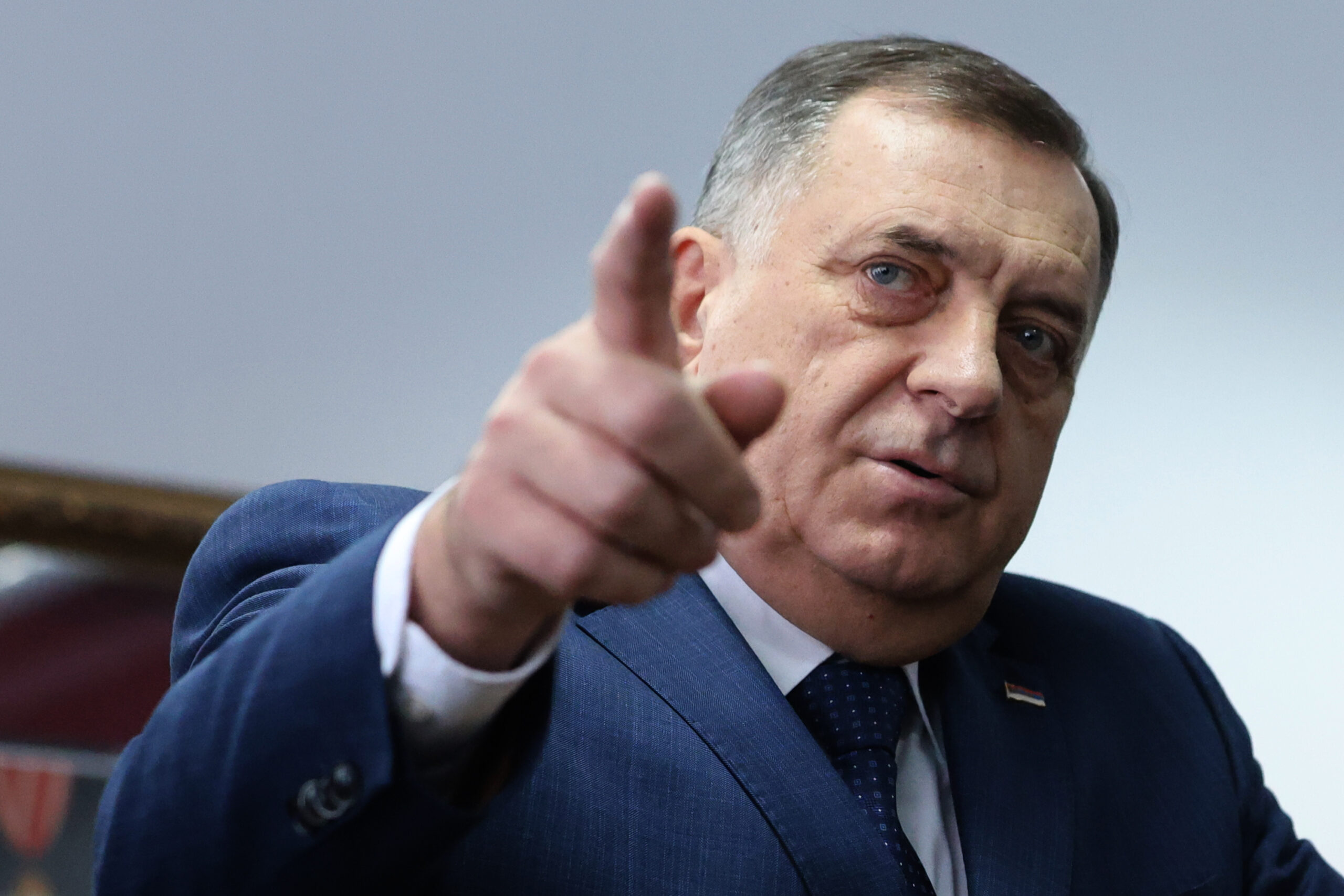European Commission President Ursula von der Leyen began her visit to Bosnia and Herzegovina by visiting Potočari, where she paid tribute to Bosniak victims before holding official meetings with state representatives.
She announced that the European Commission would soon assess the draft Reform Agenda submitted by BiH authorities. Chair of the Council of Ministers Borjana Krišto said she expects the first tranche from the Growth Plan to be released by the end of the year.
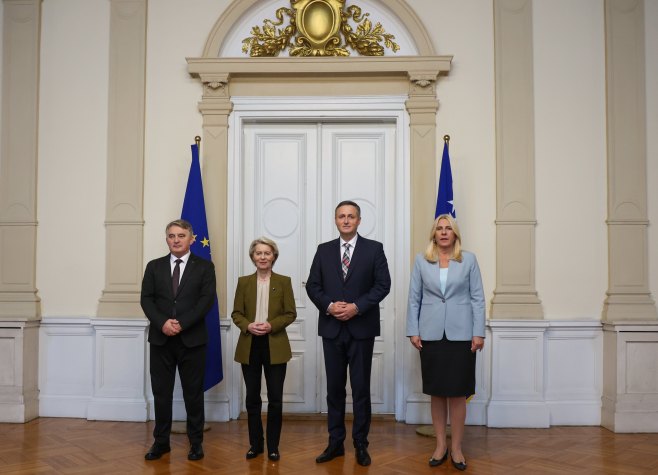
Following the meeting, Željka Cvijanović, the Serb member of the Presidency of BiH, said she discussed with Von der Leyen the investment potential of regional countries that could emerge through the implementation of Growth Plan funds.
“The implementation of the necessary reforms requires the involvement of all levels of government, without which no progress is possible,” Cvijanović emphasized.
Von der Leyen’s visit to Bosnia and Herzegovina included symbolic and political gestures. She stated:
“I paid tribute to the victims — the boys and men killed in Srebrenica.”
Her agenda, however, did not include visiting the Orthodox cemetery in Bratunac, where victims of those she honored in Potočari are buried. Upon arriving in Sarajevo, she was greeted by a small group of protesters accusing the EU of complicity in the Gaza genocide, though she did not address them.
During meetings with the Presidency of BiH and Council of Ministers, Von der Leyen welcomed the adoption of the Reform Agenda, calling it the first step toward receiving EU Growth Plan funding.
“It is now up to us to evaluate the plan, after which we will decide how to release the funds,” said Von der Leyen.
“We expect to implement the first tranche of €68 million by the end of the year,” Krišto added.
Krišto informed Von der Leyen that several so-called EU laws, including those related to the Court and the High Judicial and Prosecutorial Council (HJPC), remain stalled in parliamentary procedure. They also discussed amendments to the Election Law, an issue particularly important to the Croat side.
Krišto confirmed she had received a clear request from Von der Leyen to appoint a chief negotiator with the EU as soon as possible.
“I will soon sign the decision appointing the chief negotiator and two deputies,” she said.
The position of chief negotiator traditionally belongs to a representative from Republika Srpska.
Krišto also complained that the Berlin Process remains blocked, particularly due to the unresolved Western Balkans mobility agreement, which would allow travel across the region using ID cards. Republika Srpska opposes this proposal, warning that its adoption would amount to implicit recognition of so-called Kosovo.
Source: RTRS



